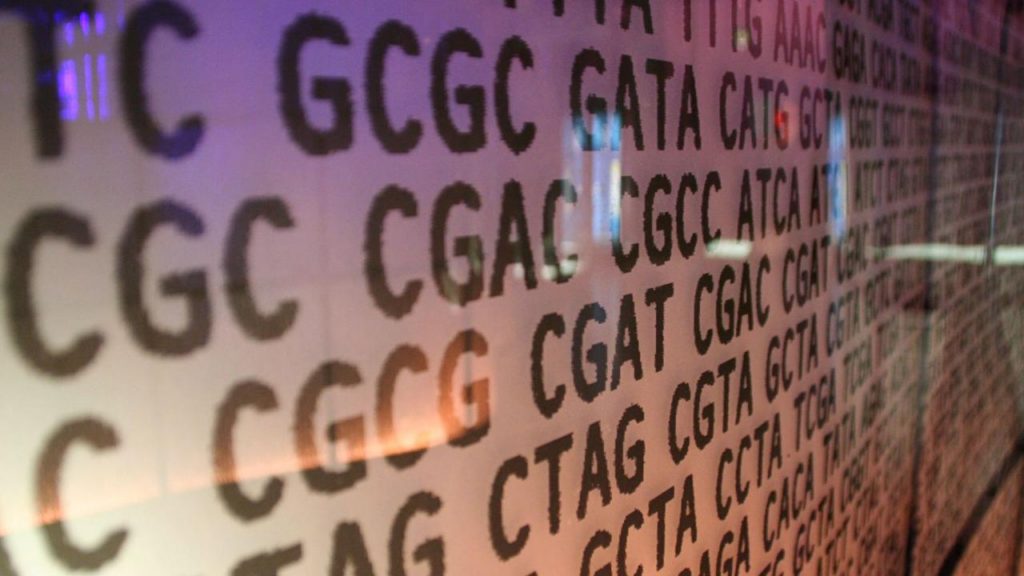The term “life hacking” usually refers to clever tweaks that make your life more productive. But on p. 819, a team of scientists comes a step closer to the literal meaning: hacking the machinery of life itself. They have designed—though not completely assembled—a syntheticEscherichia coli genome that could use a protein-coding scheme different from the one employed by all known life. Requiring a staggering 62,000 DNA changes, the finished genome would be the most complicated genetic engineering feat so far. E. coli running this rewritten genome could become a new workhorse for laboratory experiments and a factory for new industrial chemicals, its creators predict.







